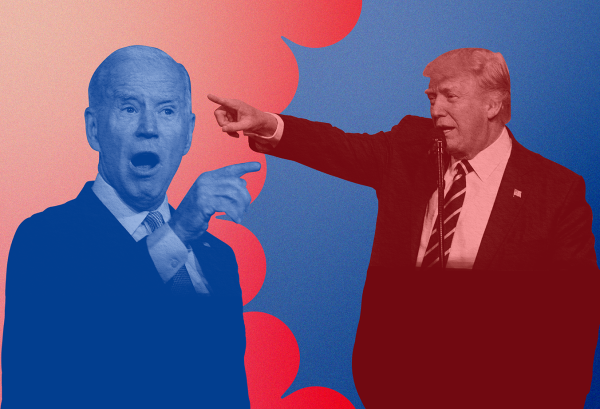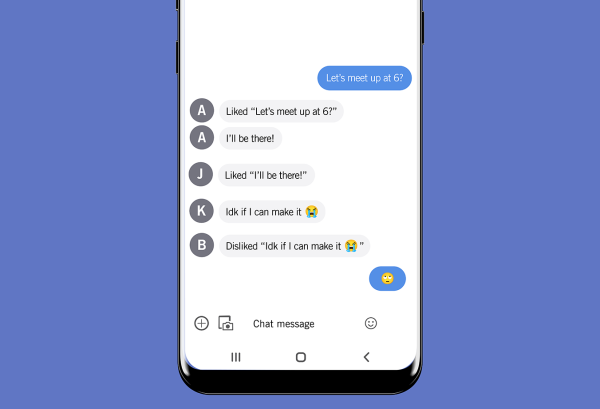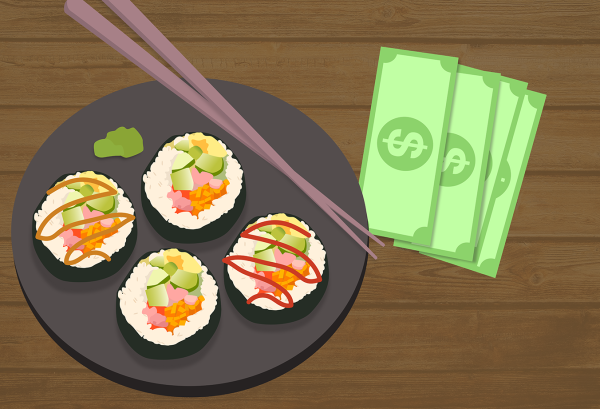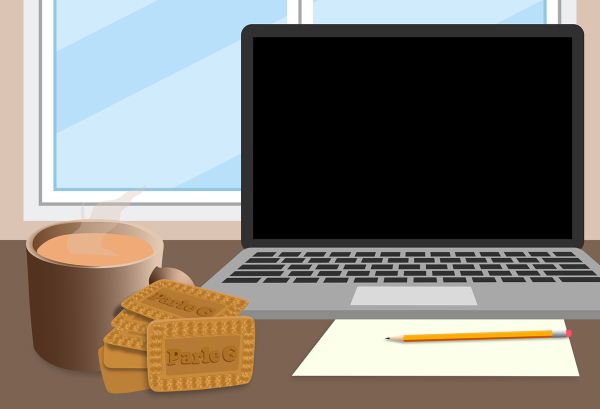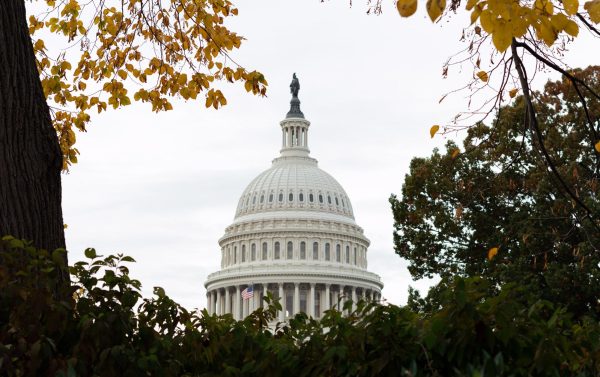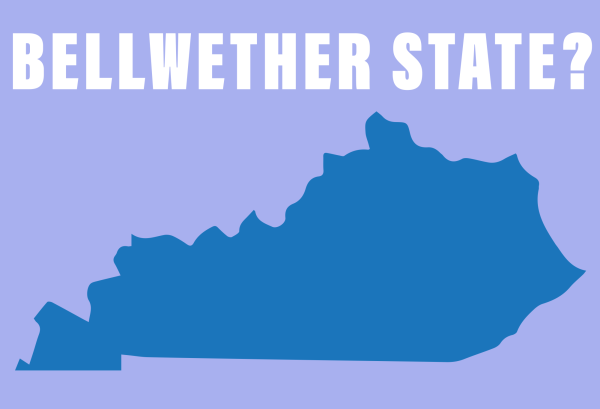Balance in reading needed
April 5, 2017
“It is a far, far better thing that I do, than I have ever done; it is a far far better rest that I go to than I have ever known.”
Some will immediately identify this as one of the most famous lines ever written—the final sentence of Charles Dickens’ “A Tale of Two Cities.” Many, however will not. Perhaps the SparkNotes simply aren’t as memorable.
Although little concrete statistics exist, it would be hopeful—naïve, even—to assume that over a fourth of high school students completely read assigned texts.
Alternatively, high school students are far more likely to recognize quotes from titles such as “The Hunger Games,” “Harry Potter,” and “The Fault in Our Stars.”
If students aren’t reading classical texts they’re assigned, would it be better to assign more contemporary works—texts they are more likely to actually open? Yes and no.
Contemporary literature is useful as a tool to spark interest in students and encourage them to read more often. It is also undeniable that many books of this genre can demonstrate similar lessons to their classical counterparts. As a whole, contemporary literature is a useful and often underutilized tool in the realm of education.
However, there are merits exclusive to classical literature. One such merit is the cultural competence students can gain from reading these titles. Universal works such as “To Kill a Mockingbird” and “1984” are more ingrained in our culture than newer, popular titles and it is important for students to learn to see these connections.
Another advantage to reading classical literature is the challenge it presents. When students immerse themselves in unfamiliar, difficult texts they exit their comfort zone and grow. This growth is and has always been an underlying purpose of education.
Paying homage to Dickens, high school is ‘the best of times and the worst of times.’ It should be supplemented with interesting, popular books students won’t want to put down, as well as dense classics they’ll struggle to pick up. If both of these indispensable educational tools are taken advantage of, the reluctance of citizens to both read (period.) and to challenge themselves may begin to fade.
Email [email protected].












































































































































